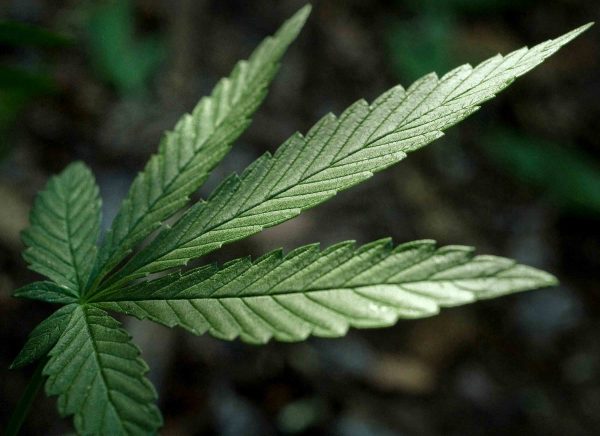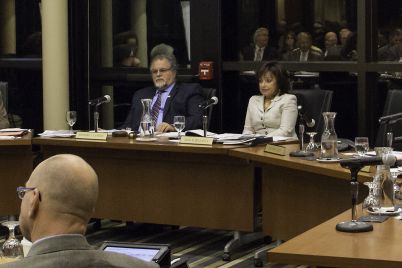
Even though cannabis use remains a federal crime, individual states are leading the way to legalization in their own regions.
By Catherine Engstrom-Hadley
Staff Writer
Michigan voters approved the legalization of recreational cannabis this month by over 55 percent, making Michigan the tenth state to legalize recreational cannabis.
Cannabis is still illegal on a federal level, and because Michigan is an at-will employment state, employees can still be fired for consuming cannabis if their employer has a no drug policy or tests for drugs.
Medical cannabis will stay the same.
“Medical will be slowly phased out, but in the interim remain available for patients” said John Payne, a medical marijuana transport professional in Ann Arbor.
Cannabis will be taxed the lowest of the 10 states that have already legalized it, with a 10 percent excise tax to be paid by the retailer and 6 percent tax to be paid by the consumer. The tax revenue will cover education, infrastructure, and municipalities that have approved marijuana businesses.
In some of the other states where cannabis was legalized, such as California and Oregon, the law prompted exoneration for those who were convicted of marijuana possession crimes in the past. As of yet, Michigan lawmakers have not introduced such efforts; however governor-elect Gretchen Whitmer and attorney general-elect Dana Nessel have stated their support for exoneration during their campaigns.
For campus life, policies will remain the same: marijuana possession and consumption, including edibles, and alcohol possession and consumption is still prohibited on campus.
“We are a Title IV school, which is federally funded, so we must follow federal law here,” said Linda Blakey, vice president of Student and Academic Services.
Students, staff and faculty received an email with the policy promptly after the ballot measure passed.
The University of Michigan, Eastern Michigan, Central Michigan and Michigan State have also said “no” to pot on campus.
Landlords are still legally allowed to prohibit smoking in rentals and deny requests to grow cannabis in rentals as well.
In many ways, cannabis will be regulated very similarly to alcohol. Retailers and growers will be licensed through the state.
“Buying legal weed that has been grown and tested by professionals will be better for everyone in the long run,” said Payne.
Just as drunk drivers are charged for driving under the influence, driving while intoxicated from cannabis can result in the same penalties.
Like alcohol, public consumption will not be permitted, and consumers must be 21 and older to purchase and consume cannabis.
However, as the government hashes out the specifics, these policies remain subject to change.
The Michigan Department of Licensing and Regulatory affairs has one year from election night to create and distribute licenses.
EDITOR’S NOTE: This story has been updated to reflect the fact that possession as well as consumption of marijuana and alcohol are barred on the WCC campus.


